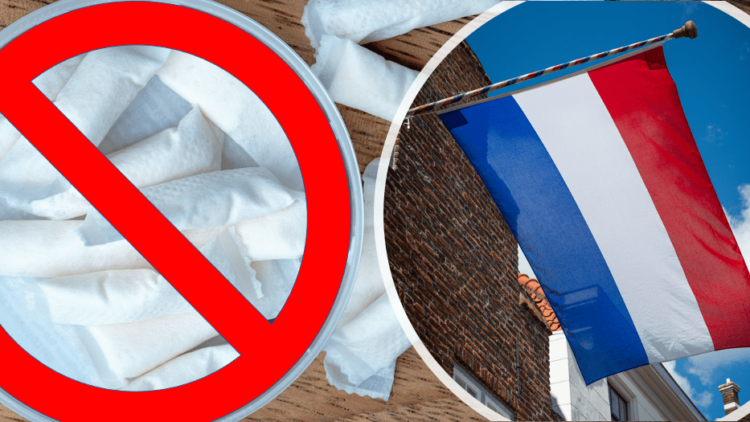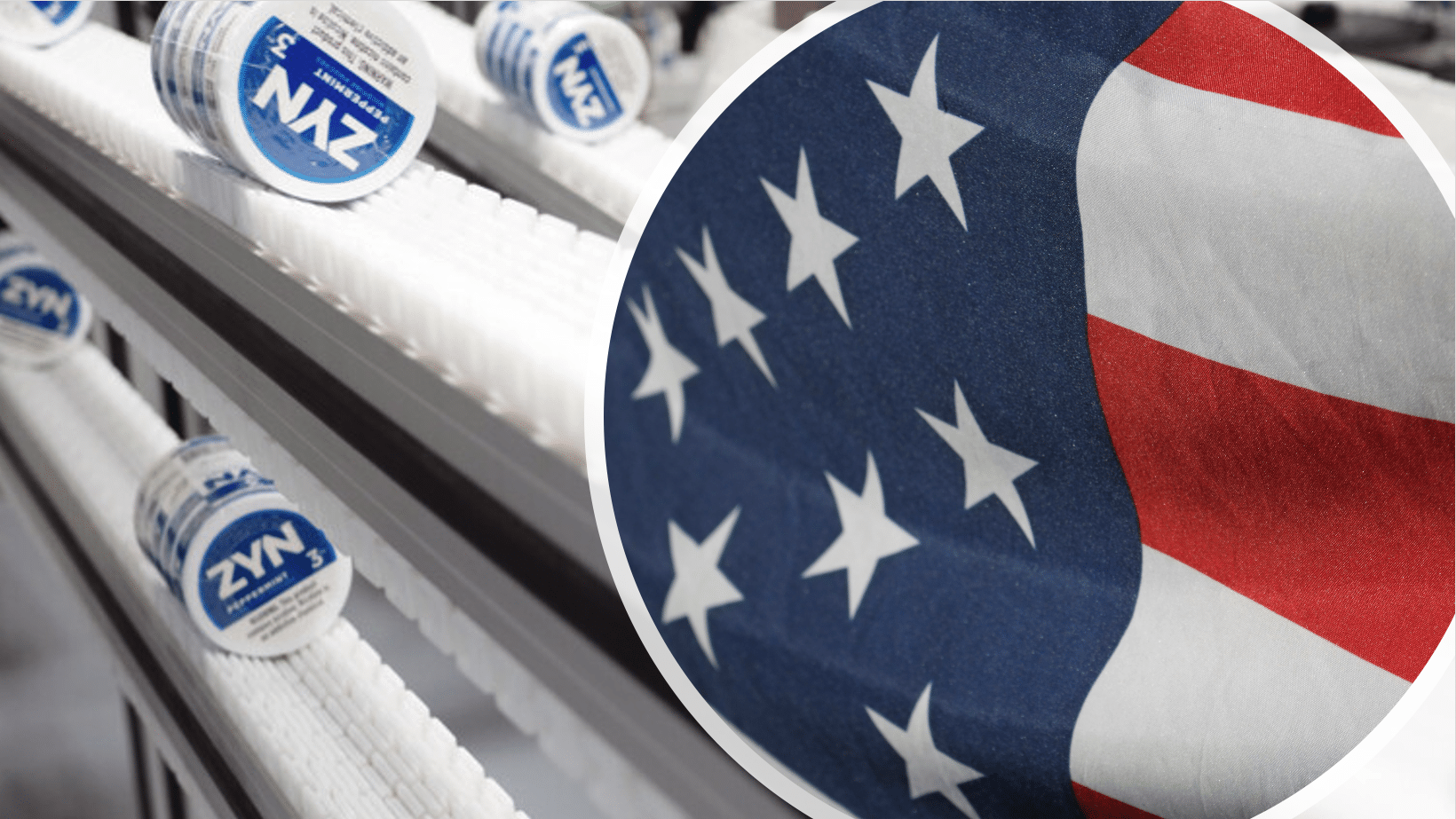
Dutch move ahead with nicotine pouch ban
The Dutch government announced a ban on the sale of nicotine pouches, depriving smokers in the Netherlands of the opportunity to choose a reduced-risk product that could help them quit the deadly habit.
In addition to formally banning the sale of tobacco-free nicotine pouches in the Netherlands, the new rules also prohibit the use of nicotine pouches in places where smoking is currently banned.
The marketing of nicotine pouches with more than 0.035 grams of nicotine has been prohibited in the Netherlands since November 2021.
Dutch regulators wanted to instead regulate nicotine pouches under the country’s Tobacco and Smoking Products Act to avoid the need to demonstrate specific nicotine levels.
The move formally bans tobacco-free nicotine pouches, making it easier to uphold the current rules and help keep tobacco-free nicotine products out of the reach of children.
“Nicotine is addictive and harmful. It is therefore logical to include products that can be used as an alternative to tobacco products under the same law,” health deputy minister Maarten van Ooijen said in a statement.
“I am pleased that today we have decided to treat these products in the same way as tobacco products. In this way, we are taking a new step in creating a smoke-free generation.”
The move comes in the face of widespread opposition to the proposal by tobacco harm reduction advocates, who turned out in droves to respond to a consultation on the legislation.
“We are concerned that the proposed ban on nicotine pouches is misguided and will cause harm, as it will remove a viable low-risk alternative to smoking from the market,” writes the European Tobacco Reduction Advocates (ETHRA), in its submission to the consultation.
The Dutch government also plans to ban all advertising for tobacco-free nicotine products, despite the segment’s potential as a low-risk alternative to deadly smoking.
By banning low-risk nicotine pouches, the new rules leave Dutch consumers left to choose only the most harmful form of nicotine available – cigarettes – an outcome that can hardly have a positive impact on public health, says Patrik Strömer, Secretary General of the Association of Swedish Snus Manufacturers.
“It’s a shame anti-nicotine propaganda has caused Dutch regulators to abandon the principles of liberalism and free choice that have traditionally been a hallmark of Dutch society,” he tells Snusforumet.
“Misinformation and unfounded fears have resulted in what amounts to a pro-cigarette policy that does little to improve public health and may also violate EU trade and internal market rules.”




